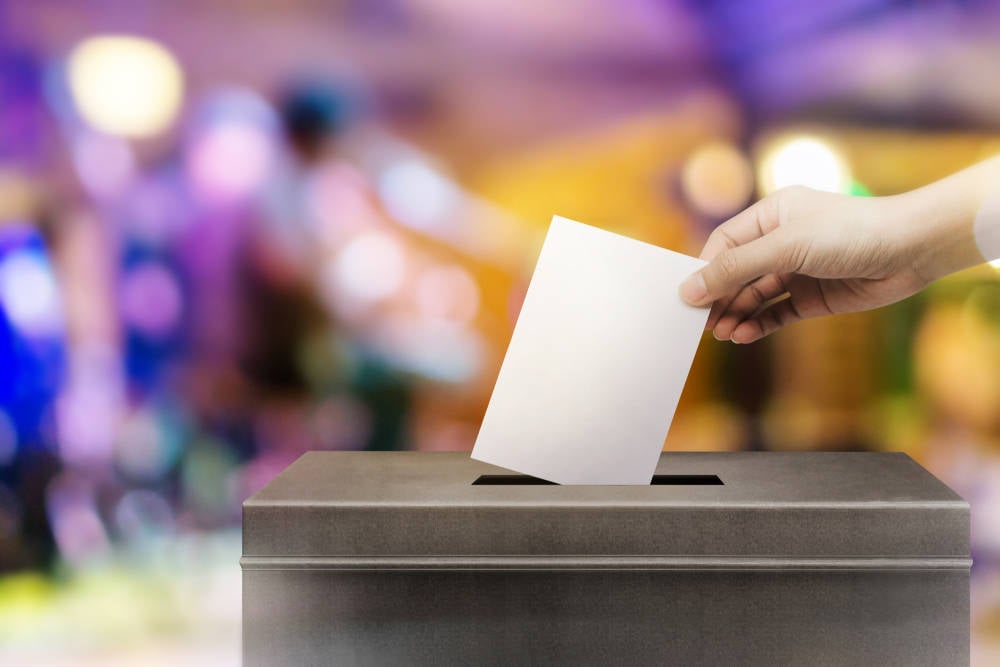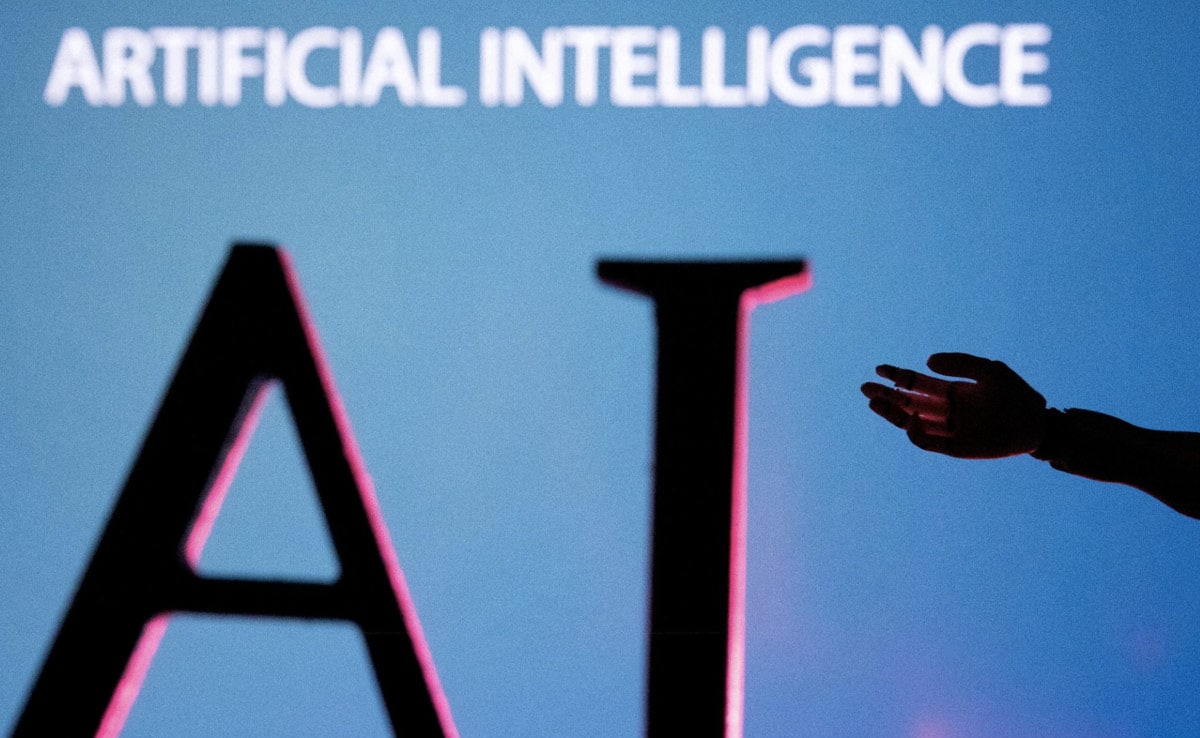Twenty influential figures in the technology industry have endorsed an agreement outlining their commitment to reducing the misuse of their platforms for the dissemination of AI-enhanced misinformation that impacts elections. This initiative comes shortly after the recent elections in Indonesia and Pakistan, the fourth and fifth most populous countries globally.
The document, titled “The Tech Accord to Counter Deceptive Use of AI in 2024 Elections,” has been endorsed by major companies such as Adobe, Amazon, Arm, Google, IBM, Inflection AI, LinkedIn, McAfee, Meta, Microsoft, OpenAI, Stability AI, TikTok, Trend Micro, and X.
On February 16, the signatories introduced their initiative by releasing a statement [PDF] detailing their commitment to developing technologies that can combat deceptive AI-generated content designed to mislead voters.
Their primary focus is on combating AI-generated content, including audio, video, and images, that manipulate the appearance, voice, or actions of political figures and election stakeholders. Additionally, they aim to address false information related to voting procedures.
The group acknowledges the unprecedented number of individuals expected to participate in elections this year, exceeding four billion across more than 40 countries. Notably, Indonesia and Pakistan have already conducted their elections, with concerns raised about the influence of deepfakes on the electoral process.
While the accord emphasizes the importance of principles such as content origin tracking and public awareness campaigns, some of the outlined commitments are rather vague. Suggestions include implementing measures to verify the authenticity of content, enabling users to identify AI-generated content, and enhancing transparency regarding platform policies.
Despite highlighting the potential of AI in countering malicious activities, the signatories have not committed to utilizing AI for these purposes. Moreover, the lack of a specific timeline for implementing these measures raises questions about the effectiveness of the accord.
Several companies, like OpenAI and Meta, have already implemented restrictions on the use of AI for political purposes and have taken steps to address the spread of misinformation. However, the effectiveness of these measures in curbing deceptive content remains uncertain.
In conclusion, while the Tech Accord presents a promising initiative to address AI-generated misinformation in elections, its ultimate impact and effectiveness remain to be seen, considering the challenges associated with regulating digital content on a global scale.










